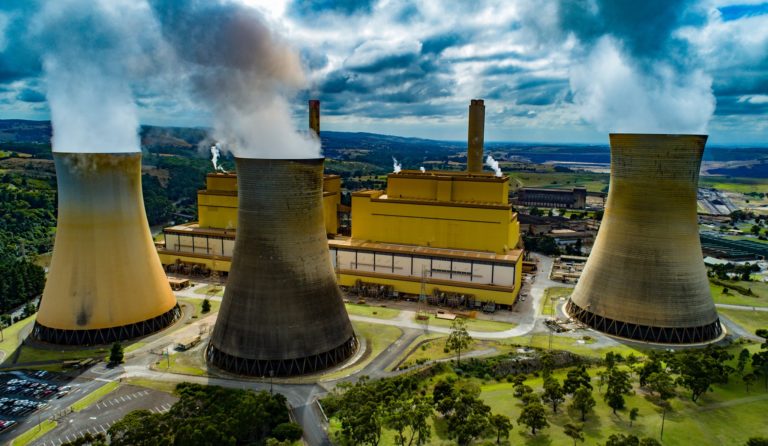The Gippsland Renewable Energy Park will be situated in the heart of what has traditionally been Victoria’s coal country, in the southeastern part of the Australian state.
While the capacity has not been revealed, Octopus Australia said it “will be a multibillion project and will deploy various technologies at utility scale.” The project will be designed to replace the capacity that will be lost when EnergyAustralia’s nearby Yallourn coal power station closes in 2028.
Hostplus will invest in the project’s development via an Octopus Australia-managed platform. The superfund has not revealed how much it will invest in the project, but its investment will sit alongside state-owned Clean Energy Finance Corp.’s (CEFC) contribution of up to AUD 8.5 million ($6.1 million).
As pv magazine Australia reported in August, Octopus Australia and CEFC formed a joint venture with what seems to have a particular focus on renewable energy projects in Victoria's Gippsland region. Under the partnership, the pair bought the rights to develop projects from Melbourne-based management team Solis Renewable Energy, along with Gippsland-based Marathon Electrical and construction firm WK & MA Ferguson.
Popular content
The two projects included the proposed 44MW Perry Bridge Solar Farm and the nearby 80MW Fulham Solar Farm. It is unclear whether the rights to the Gippsland Renewable Energy Park were also purchased at the time or at a later date, but they are now definitively owned by Octopus and CFEC.
Octopus Australia estimates the construction and development of the Gippsland Renewable Energy Park will generate several hundred jobs in the region, which has been hit by bushfires and the decline of both the local timber and coal industries.
This content is protected by copyright and may not be reused. If you want to cooperate with us and would like to reuse some of our content, please contact: editors@pv-magazine.com.



4 comments
By submitting this form you agree to pv magazine using your data for the purposes of publishing your comment.
Your personal data will only be disclosed or otherwise transmitted to third parties for the purposes of spam filtering or if this is necessary for technical maintenance of the website. Any other transfer to third parties will not take place unless this is justified on the basis of applicable data protection regulations or if pv magazine is legally obliged to do so.
You may revoke this consent at any time with effect for the future, in which case your personal data will be deleted immediately. Otherwise, your data will be deleted if pv magazine has processed your request or the purpose of data storage is fulfilled.
Further information on data privacy can be found in our Data Protection Policy.